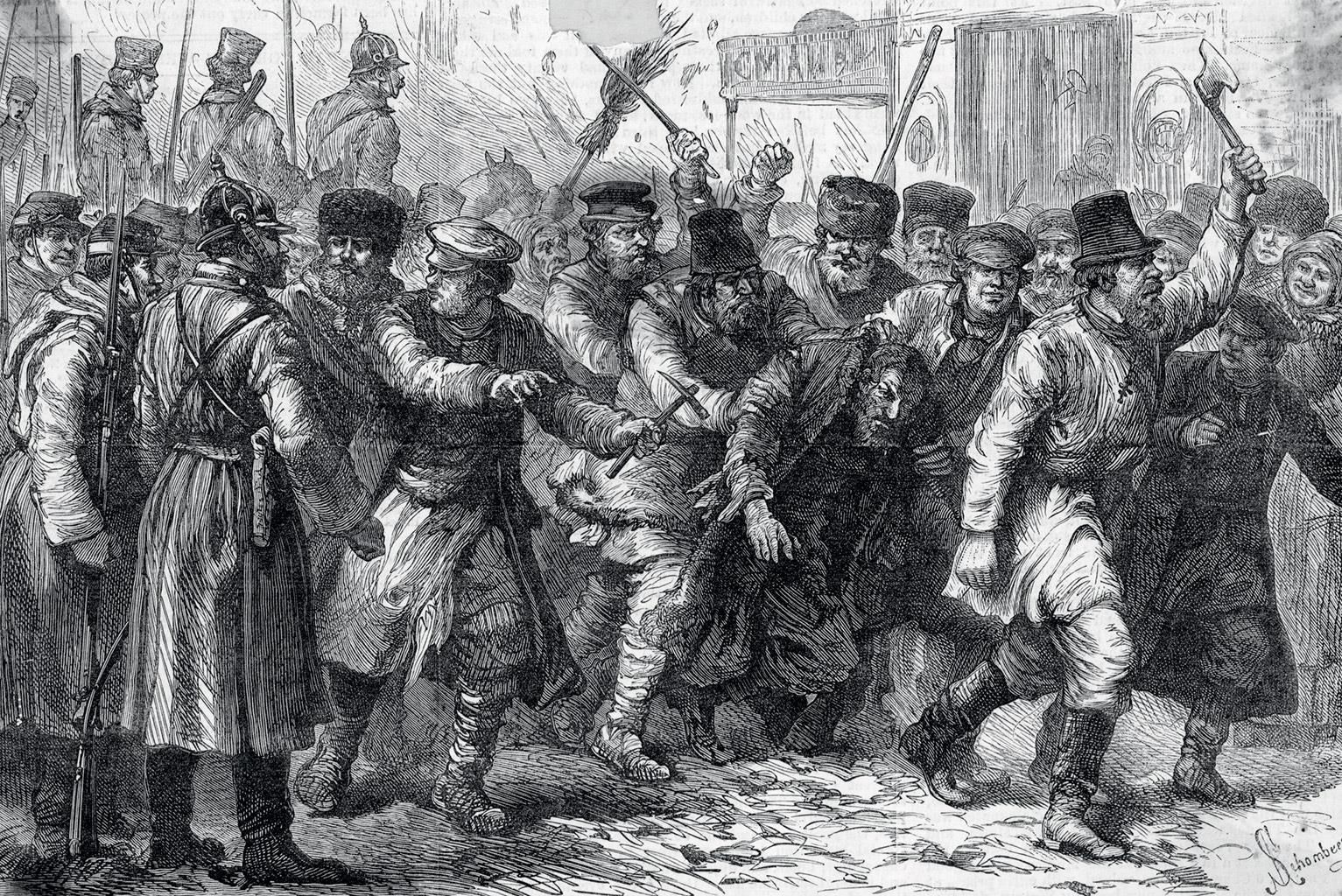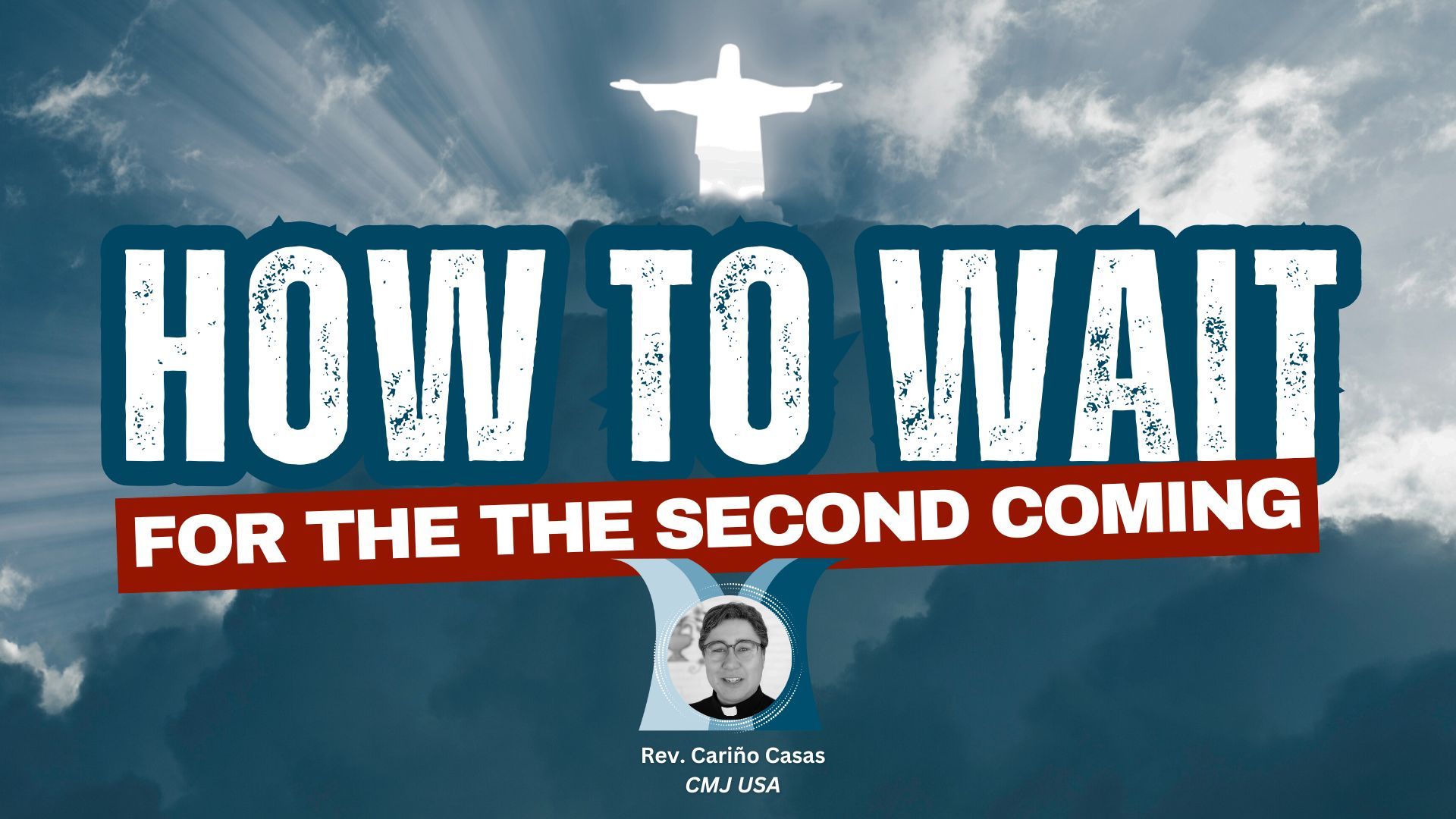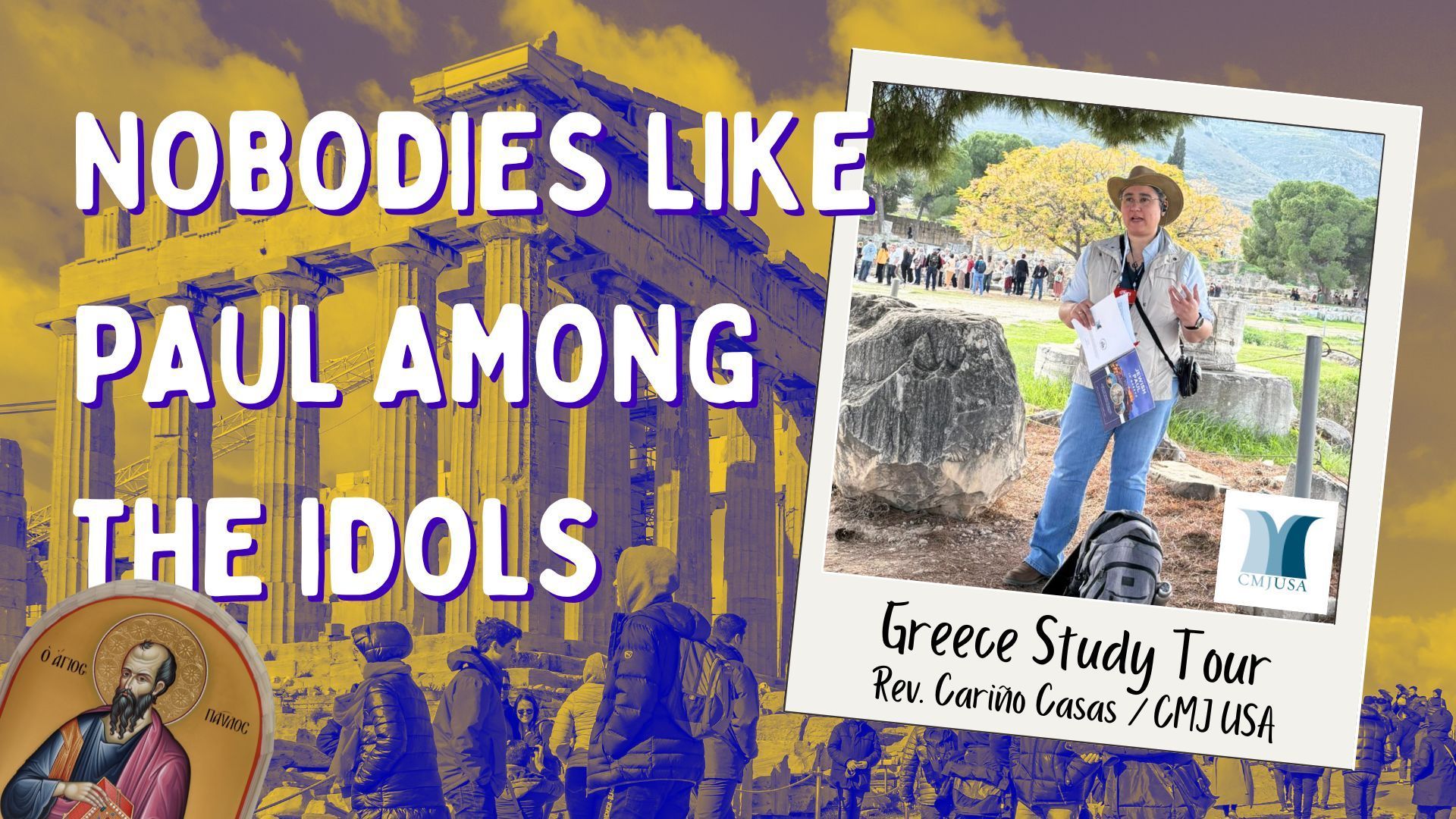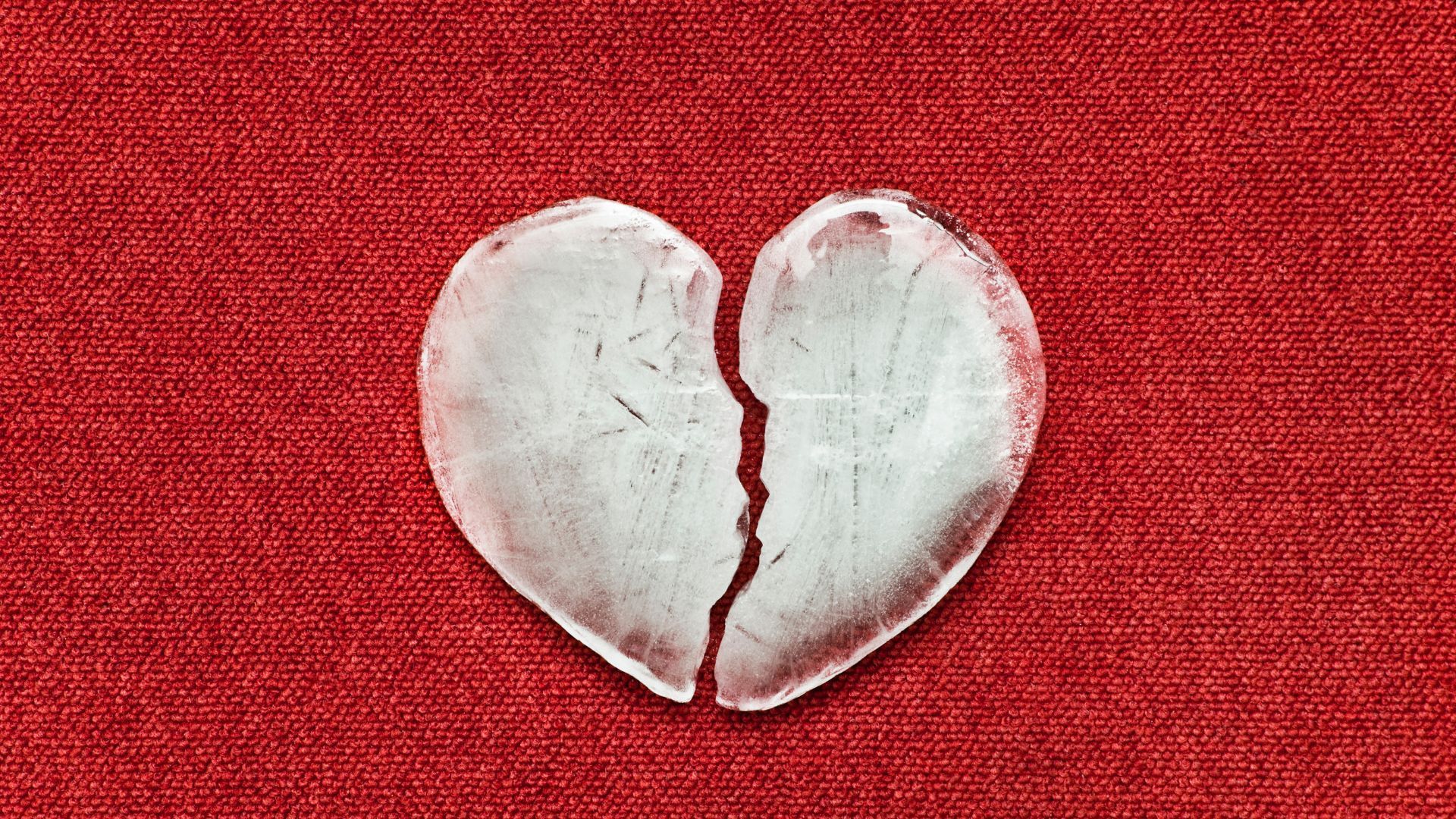What is a pogrom?
While others argue whether the Amsterdam attack fits a specific definition, Christians need to acknowledge that our Jewish neighbors are unsettled and need words and deeds of comfort
On November 7, Israeli soccer fans in Amsterdam were attacked as they left the Ajax football stadium. Videos show hooded and masked assailants beating and kicking people. There are also videos and reports that Israelis were hit with scooters and pulled out of taxis.[1]
That it happened two days before the anniversary of Kristallnacht, the night that German mobs attacked Jewish communities and burned down synagogues, alarmed Jews around the world. Israel Prime Minister Benjamin Netanyahu said that the 86th anniversary of Kristallnacht had been “marked on the streets of Amsterdam.” Israel quickly sent evacuation flights so that Israelis could return home as soon as possible.
If you read Jewish and Israeli media, you may have seen the riot called a “pogrom.” What is a pogrom?
Pogrom is originally a Russian word meaning “devastation” or to “wreck havoc.” Merriam-Webster defines it as “an organized massacre of helpless people; specifically: such a massacre of Jews.”
“Historically, the term refers to violent attacks by local non-Jewish populations on Jews in the Russian Empire and in other countries,” according to the Holocaust Encyclopedia. “The first such incident to be labeled a pogrom is believed to be anti-Jewish rioting in Odessa in 1821. As a descriptive term, ‘pogrom’ came into common usage with extensive anti-Jewish riots that swept the southern and western provinces of the Russian Empire in 1881–1884, following the assassination of Tsar Alexander II.”[2]

Pogrom in Kiev, 1881 (Wikimedia Commons)
My first real understanding of a pogrom came unexpectedly while at a Jerusalem café. I was there to have quiet time with the Lord. A mom and her daughter, maybe 10, sat down behind me. I couldn’t help but overhear their conversation.
The reason this mom had taken her daughter out for breakfast was to tell where why they were Americans. I heard this Jewish mom say that the family was originally from Russia but they left when their village was attacked by Russian Christians.
Jewish-Christian writer Abram Poljak describes a pogrom he experienced as a boy:
One evening my parents took me to a cellar where there were some other Jews. The door was barricaded, but through a hole I could see the street. I saw the flashes and heard the cracking of revolvers … crashes, cries …
I still hear my mother saying, “A stone has been thrown.”
Pogroms in Russia used to be organized in the following way. After a service in a church, a procession marched through the streets of the town. At its head an image of Christ was carried. When approaching the Jewish quarter, a stone was suddenly flung against the image and then the shout was raised, “The Jews have done it!” The people in the procession, who until then had sung hymns of the love and grace of Christ, rushed into the houses and shops of the Jews and began to kill and loot. In the back streets carts were waiting, on which the plundered Jewish goods were laden.[3]
Kristallnacht was certainly a pogrom. The October 7 attack by Hamas can rightly be called a pogrom, certainly according to the Merriam-Webster definition.
There has been a debate on whether it is fair to call the Amsterdam riot a pogrom. A sample of articles and essays on the question:
- Was the Attack in Amsterdam a Pogrom? (complied by Jewish Journal)
A violent, coordinated attack on Israeli soccer fans in Amsterdam has shaken the Jewish world, with some drawing comparisons to the horrors of pogroms and Kristallnacht. Is this the right historical comparison? - A Haunting Reprisal, Kathleen Hayes, Jewish Journal: The oh-so-tolerant, liberal Dutch hosted a pogrom, and one of the most horrifying aspects of it is its predictability… The Holocaust was a long time ago, is the prevailing message. Jews no longer deserve sympathy or protection.
- A Key Difference, Jodi Rudoren, Forward: There are crucial differences between what erupted on Amsterdam’s streets last night and the Night of Broken Glass that shattered Germany and Austria 86 years ago, chiefly the existence and strength of the Jewish state of Israel.
- A New Kind of Pogrom, Smadar Perry, YNET: Dutch police published photos of the detainees – all, without exception, from Arab countries. This is what a pogrom looks like. This is the new antisemitism.
- The Pogrom in Amsterdam: Three Questions Every Jew Needs to Ask (Aish)
- Amsterdam mayor walks back ‘pogrom’ label for assaults (JNS)
Femke Halsema used the term but now says it has become too politically loaded. -
Debunking the Amsterdam “Pogrom” (FPIF)
The far right is fanning the flames of conflict.
The real concern is not what to call the attack in Amsterdam. What is important for us to process is that that those who hate Israel and Jews feel emboldened to speak out their hatred and even act out violently.
Here in the United States, a group of masked men marched through Columbus, Ohio carrying swastika flags. This is brazen and meant to intimidate. Read about other recent antisemitic incidents in this month’s Jewish Media Review.
The rise in antisemitic incidents speak to deeper problems in our society.
Documentary producer Raphael Shore, in the film Tragic Awakening: A New Look at the Oldest Hatred, considers whether antisemitism stems from desperate people looking for someone to blame for society’s problems.
“Antisemitism always denotes a society in deep trouble,” Shore says. “And it happens when groups feel that their world is spinning out of control. And when the society becomes unhealthy, antisemitism is something that people reach for.”[4]
The film goes on to challenge the scapegoat theory. However, that rising antisemitism is related to the unrest and divisions in our society is worth contemplating and, more importantly, praying about.
And after we pray, we who follow Yeshua the Messiah must speak mercy and peace to the nations, especially to the Jewish people. It is through them that God sends morality and ultimately the Messiah (Rom 9:4-5). And it is through the Messiah that God will heal the nations.
If you learn of an antisemitic incident in your area, call it out. Also, check on your Jewish neighbors, and let them know you stand with them against hate. Why? Because Jesus loves his DNA siblings.
Footnotes
- There are reports that the antisemitic attack was in response to anti-Arab chanting by the Maccabi football fans. Racist chants are a problem in international soccer, including in Israel.
- The Russian attacks on Jewish communities instigated the first wave of Jewish immigration to the Holy Land, called the First Aliyah.
- Poljak, Abram. Bram: The Life and Wisdom of Messianic Jewish Pioneer Abram Poljak in his Own Words. (Marshfield, MO: Vine of David), 12-13.
- Suissa, David. “‘They Hate Us Because We’re Good’: A New Film Reframes the World’s Oldest Hatred.” Jewish Journal, 18 November 2024.
Banner photo credit: Screen capture from Today (NBC) via YouTube
Blessed by this post? Ready to sow into the work of CMJ? No gift is too small. we are blessed by your partnership.



